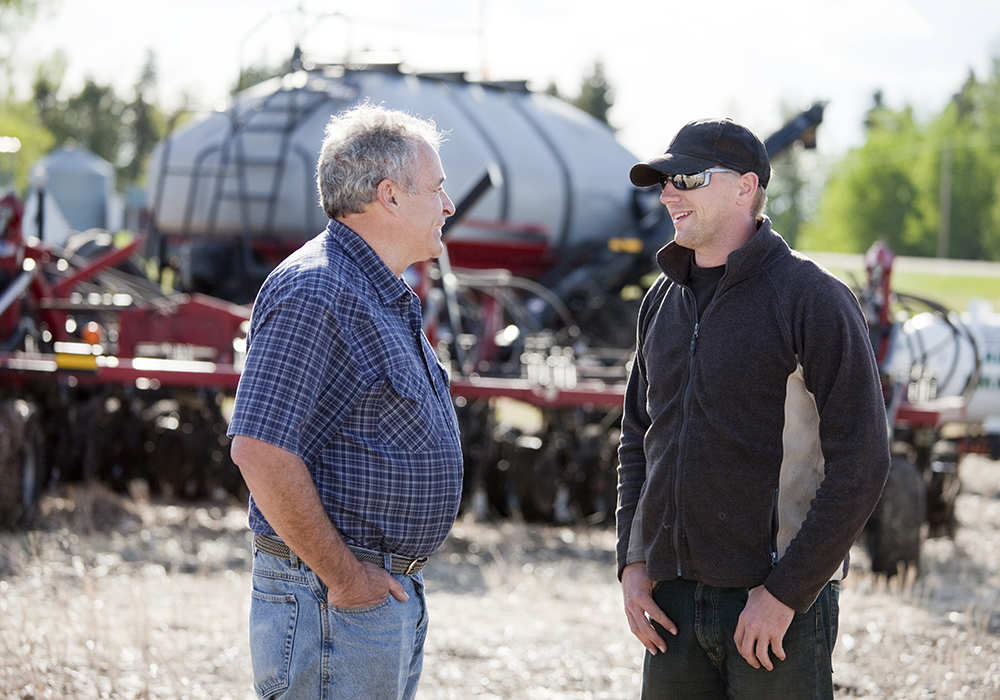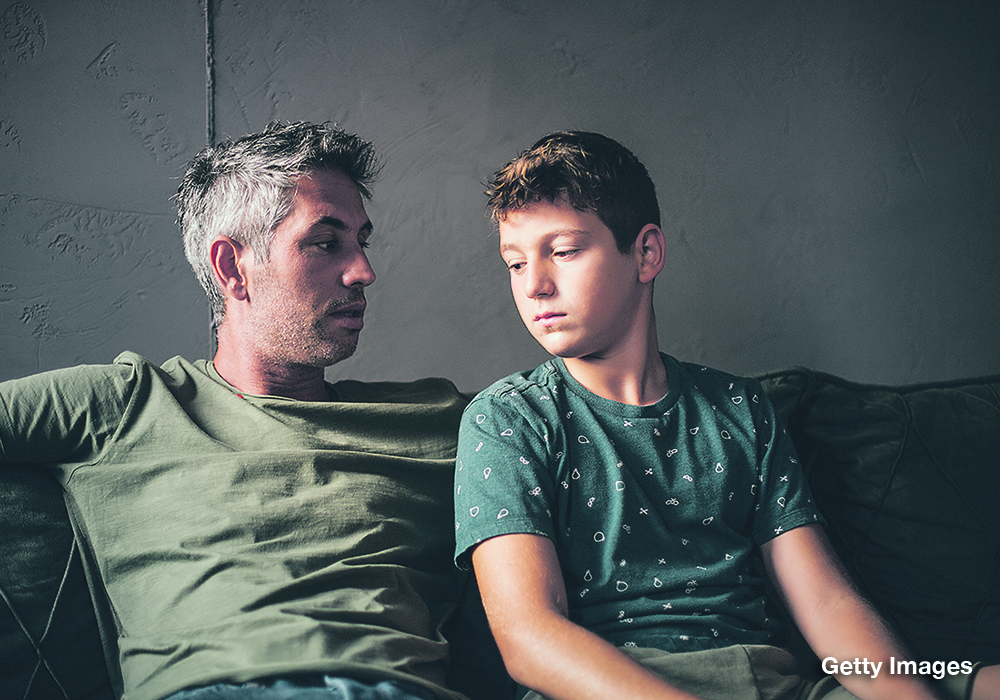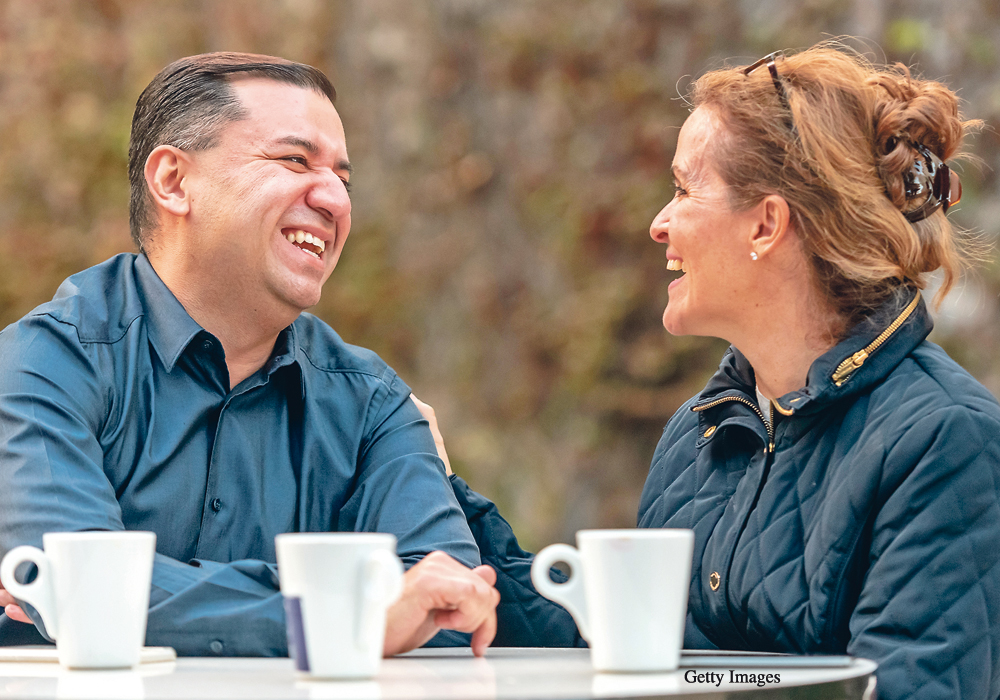Q: I have a neighbour who is driving me crazy. It doesn’t matter what the weather is, rain or shine, or how our markets are faring, profitable or otherwise, or whatever, he is always cheerful.
I used to think that something was wrong with me because I wasn’t as positive as my neighbour.
Now I am beginning to think that something is wrong with him.
Am I unnecessarily pessimistic, the forerunner of gloom and doom, or is my neighbour just a little bit psychotic, not in touch with the world of real things?
Read Also

Know what costs are involved in keeping crops in the bin
When you’re looking at full bins and rising calf prices, the human reflex is to hold on and hope for more. That’s not a plan. It’s a bet. Storage has a price tag.
A: Given that I do not know either you or your neighbour, I am not about to get into a major discussion about which of you is the most psychotic, but you have given me a very good excuse to talk about positive psychology.
It is about more than looking at the world through rose-coloured glasses, or as some say, deluding yourself that everything is peachy keen most of the time.
Positive psychology is the belief that no matter how bad things get, you can always find at least a sliver of hope that you can in some way be in charge of your own life.
Let me give you an example. A well-known psychiatrist, Viktor Frankl, was held in a concentration camp by the Nazis in the Second World War.
The Nazis had stripped him of everything. They took away all of his possessions, they grabbed his clothes, his identity and even his name. He was just a number. It was so bad that had the Nazis decided to take away his life, no one would have been the wiser for it.
Despite all of the losses, Frankl decided that the Nazis could not take away his right to decide how he would accept his death. That was his sliver of control. And he hung onto it, right through the war and until he was finally freed in 1945.
Isn’t that amazing? It worked, and he left that concentration camp in relatively good psychological standing.
All of us know how unpredictable farming can be. Some amazing things have been happening over these past 40 years, and farming today is more efficient and productive than it once was.
In some respects, the farmer on today’s tractor has more control over his destiny than did his father. However, the whole thing is still unpredictable.
We never really know what is happening with the weather, markets are up and down and if you can ever find a piece of machinery that will not break down unexpectedly, hang on to it because it is rare indeed.
What brings satisfaction to some who work the land is not their tendencies to ill fortune, or otherwise. It is how they deal with the variables that are written into the definition of farming in any decent agricultural dictionary.
Farming is tough. My dad used to say, “one in four.” Those were the old days, when if you got a great crop every four years you could do more than just survive.
One in four will not work in today’s world, but the intent of what my father said breathed new life into his productivity when he was having a tough year or two.
A similar suggestion could do the same for you. The question for you is, how can you grab control over so many seemingly powerful and antagonistic other variables? What is your equivalent to “one in four”?
You might surprise yourself and just have one. If you don’t, remember your Shakespeare — the fault dear Brutus lies not in the stars but in ourselves that we are underlings (or something like that).
Jacklin Andrews is a family counsellor from Saskatchewan. Contact: jandrews@producer.com.















